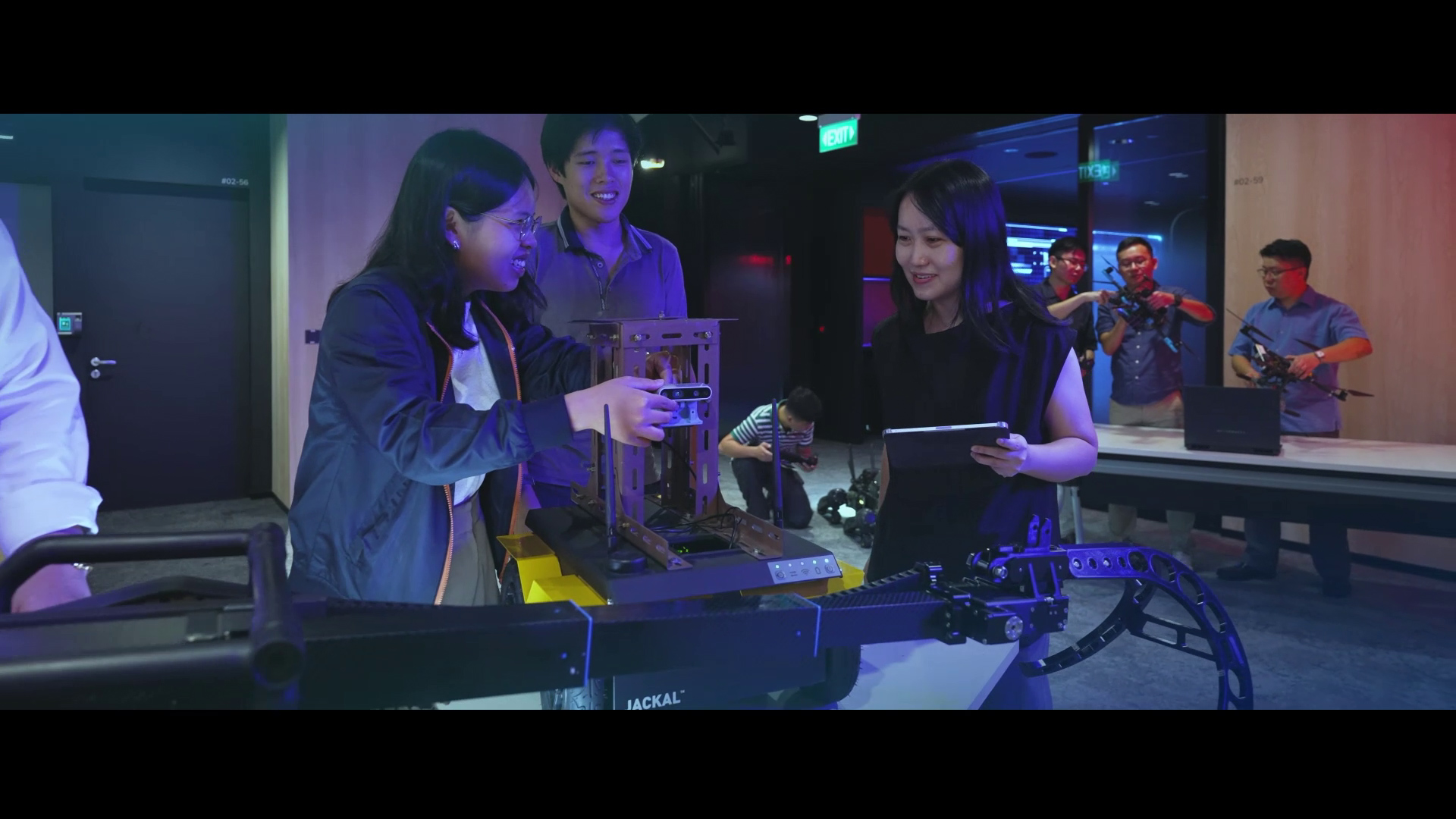
|
The Media Vault08 Dec 2025A collection of videos and social media content highlighting the stories that have shaped DSTA over the years. View More |
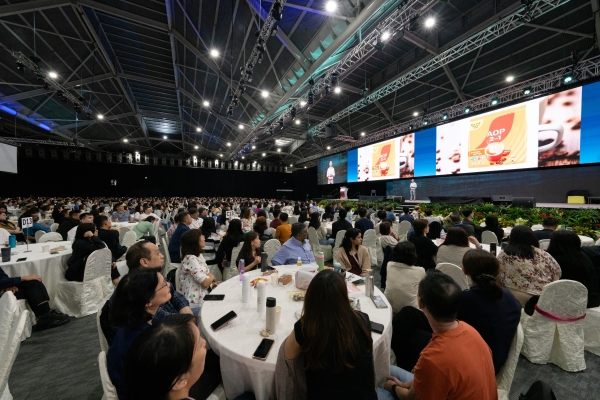
|
Making Innovation Part of our Everyday20 Nov 2025Staff came together for the DSTA Innovation and Staff Dialogue Day 2025 to share, exchange ideas and be inspired. |
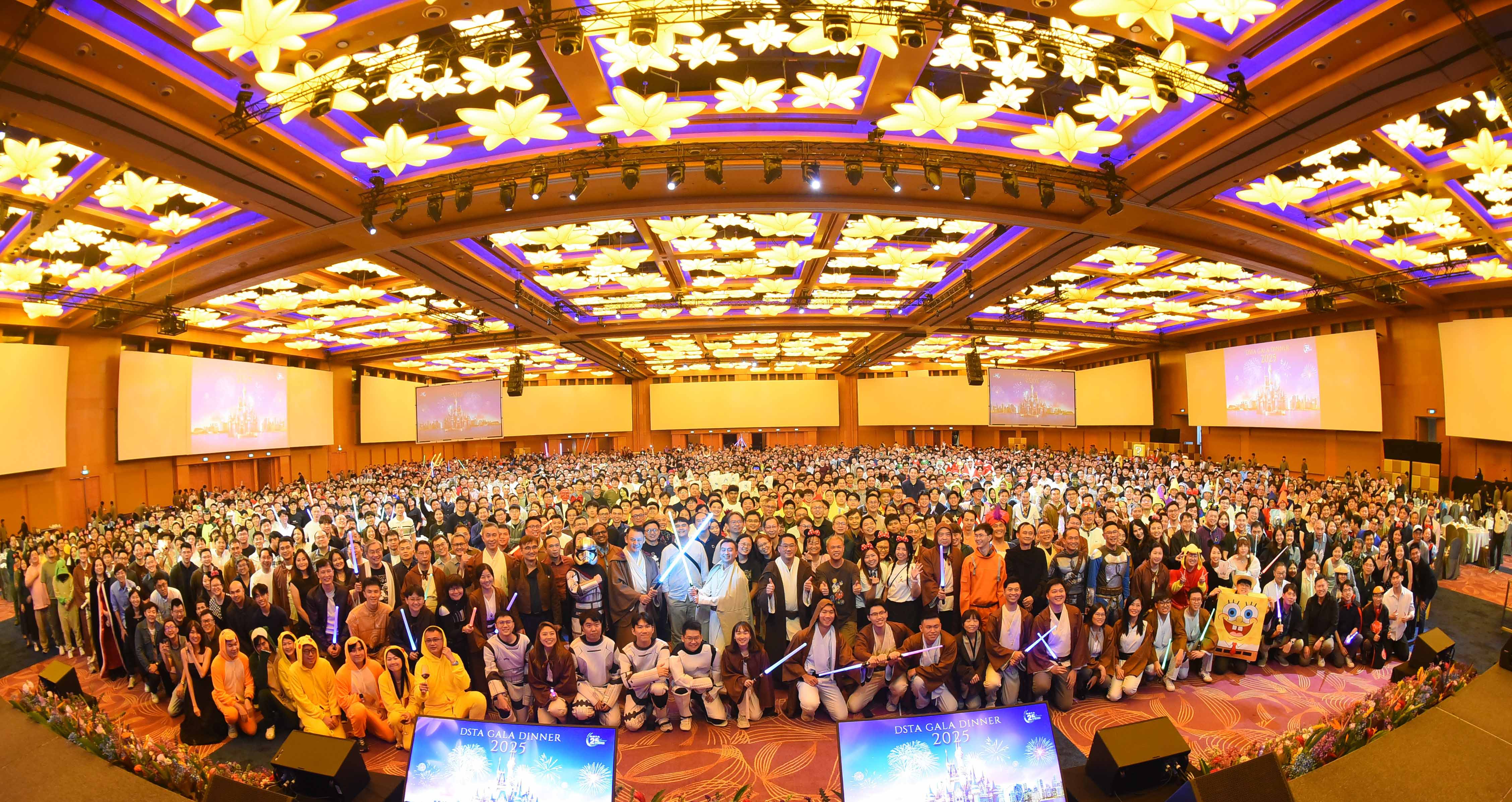
|
An Enchanting Evening at the DSTA Gala14 Nov 2025From magical surprises to spellbinding entertainment, DSTA staff embarked on a captivating adventure to remember. View Album |
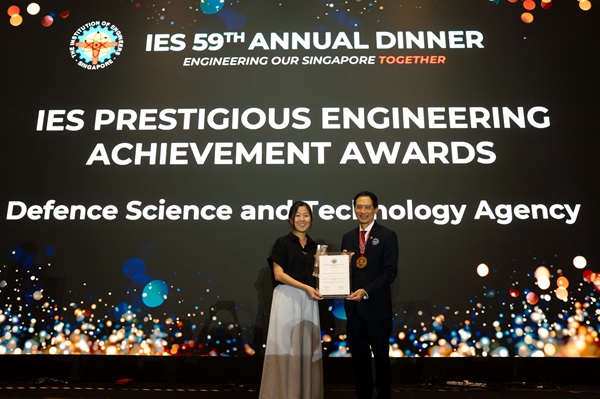
|
From Concept to Reality03 Nov 2025Learn how our team delivered a next-generation smart training facility which clinched them the IES Prestigious Engineering Award! |

|
Accelerating Innovation from Lab to Battlefield25 Oct 2025At Exercise Wallaby 2025, DSTA engineers joined the Singapore Armed Forces in Shoalwater Bay, Australia, to put emerging defence technologies through their paces in realistic field conditions. |

|
Launch of the RSN’s first Multi-Role Combat Vessel21 Oct 2025Developed jointly by DSTA, the Republic of Singapore Navy (RSN), ST Engineering and other industry partners, the Multi-Role Combat Vessel is designed as a combatant and mothership for a suite of unmanned systems. |
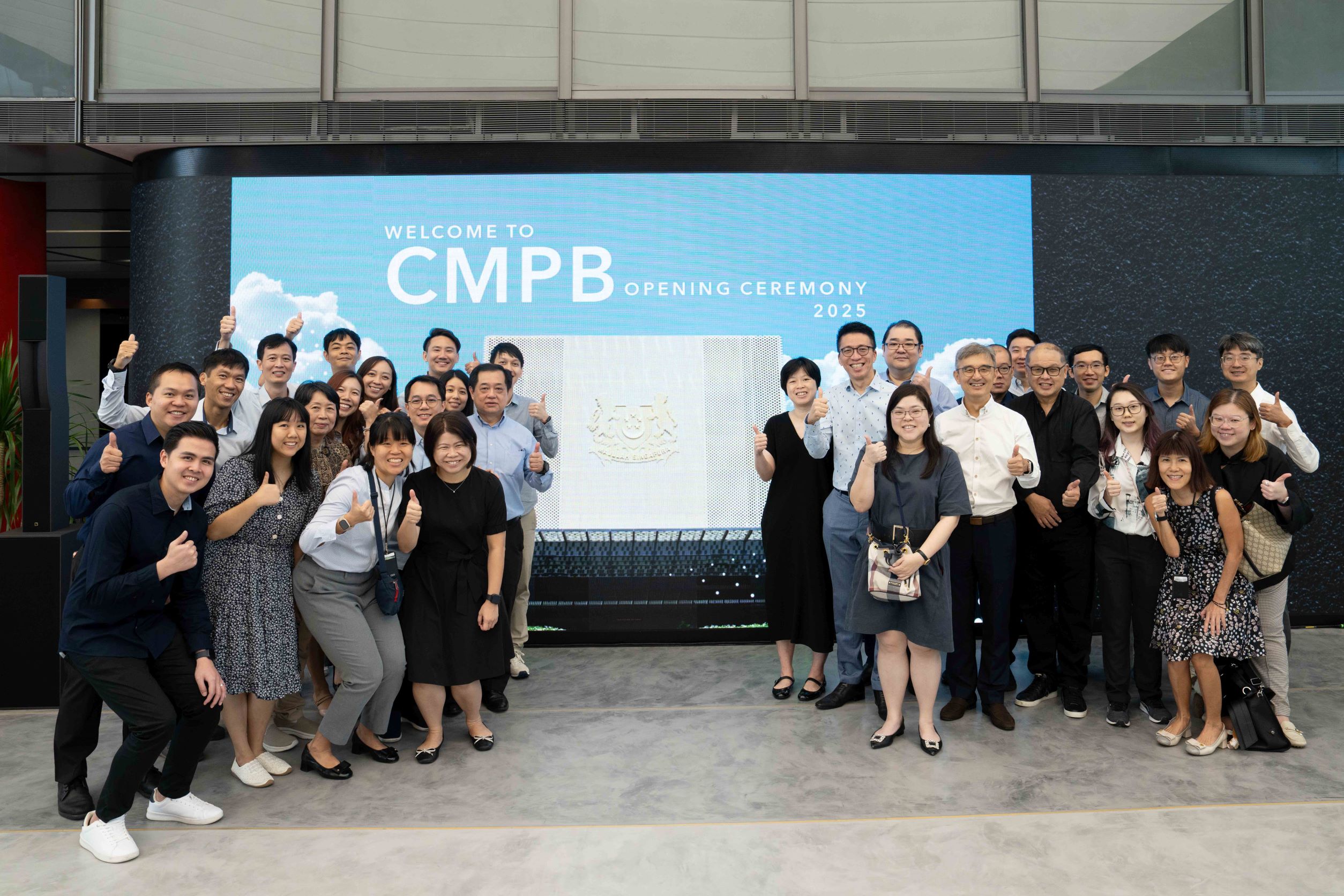
|
Delivering an Integrated, One-Stop Service Hub14 Oct 2025The DSTA team worked closely with MINDEF to deliver the new Central Manpower Base (CMPB) – an integrated, one-stop service hub for all NS matters. |
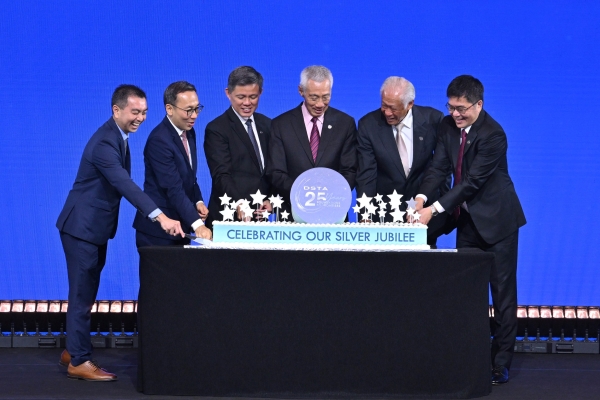
|
Celebrating 25 Years of Pushing Frontiers19 Sep 2025DSTA’s pioneers, leaders and staff were joined by Guest-of-Honour Senior Minister Lee Hsien Loong, guests and partners from Government and industry at a commemorative dinner to celebrate our Silver Jubilee on 19 September. View Album |
Spotlight
BACK
TO TOP
TO TOP
